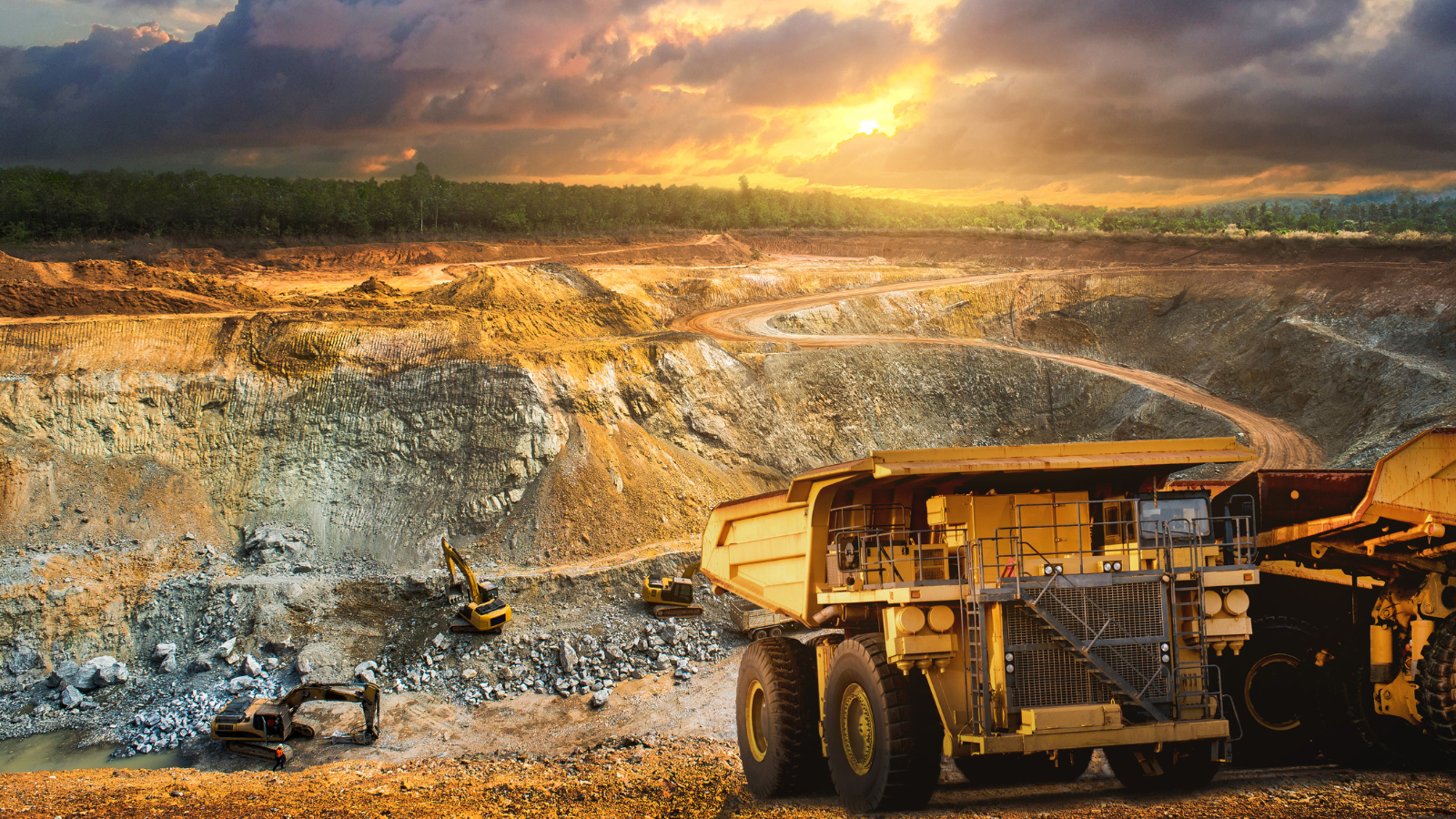Resourceful thinking: Why we need a better approach to critical raw materials
Lithium, cobalt, nickel, rare earths – these minerals are the lifeblood of modern industries. However, surging demand is aggravating their long-standing and often overlooked environmental and social costs. International standards can help to manage critical raw materials (CRMs) responsibly, but only if they prioritise environmental protection and the rights of affected communities. Read on to find out more – and to learn how you can help tackle the impacts of CRMs through standardisation.

The global trend towards renewable energy and cleaner technologies is fuelling a rise in demand for critical raw materials (CRMs). CRMs power electric vehicles, wind turbines, solar panels, and the expansion of electric grids, as well as playing an important role in industries like defence, aerospace, electronics, and telecommunications.
But a clean energy system must go beyond just shifting to renewables. With supply chains that have significant environmental and social impacts, critical raw materials must be managed carefully. Our planet’s resources are limited, so we need an energy system that is efficient, circular, and socially just. Critical raw materials can either underpin or undermine our future – let’s make sure it’s not the latter.
Beneath the surface: The environmental and social pressures of critical raw materials
Supply chains for critical raw materials carry a heavy burden. Mining operations are energy-intensive, significantly contributing to greenhouse gas emissions. They also wreak havoc on ecosystems, causing pollution, biodiversity loss, and water shortages. On top of that, CRM processing often uses toxic chemicals and additional energy consumption.
Vast amounts of mine waste, often containing toxic substances, further contaminate land and water, creating long-term environmental hazards. Many mining projects rely on poorly maintained dams and infrastructure to manage this waste, leading to catastrophic failures like the 2019 Brumadinho dam disaster in Brazil, which killed nearly 300 people and caused widespread environmental damage.
The social toll is just as devastating, with human rights abuses like child labour, forced labour, and dangerous working conditions widespread in mining regions. Over 50% of CRM mining projects take place on Indigenous Peoples’ lands, often resulting in conflict, displacement, and the erasure of cultural heritage.
The rise of global standards for CRMs
As well as focusing on extraction and processing impacts, we also need well-functioning recovery, repair, reuse, and repurposing systems to extend the lifespan of these materials and reduce the demand for new raw materials. However, information about a product’s composition is often fragmented and inaccessible. Recycling can also play a role – but it is no silver bullet.
Improving traceability, transparency, and standardisation throughout supply chains can help to address this, although these are not yet adequately established.
ISO, the International Organization for Standardization, recognises the growing need for oversight on critical raw materials. Following a 2024 agreement on sustainability in CRM supply chains (known as IWA 45), ISO has launched a committee on sustainable raw materials (ISO/PC 348) to develop a new standard, to be published within the next three years.
This CRM standard will define sustainability criteria for the supply chains of mineral, raw iron, and non-iron metals – from extraction to processing and recycling. If done right, it could help to ensure that rapid growth in CRM demand does not come at the cost of environmental degradation and human rights violations.
ECOS has a seat at the table and will contribute to developing this new standard. We want transparency, accountability, and environmental and social safeguards to be at the forefront.
The policy context: Standards do not work alone
Standards are intertwined with the policies they support and influence. They are voluntary but often used as a guiding light in policy discussions – for better or worse. This is why voices like ECOS are essential, advocating for strong environmental principles in industry-dominated standards that could later contribute to the success (or failure) of mandatory laws.
For example, in the European Union, the Critical Raw Materials Act seeks to secure the supply of CRMs in a sustainable manner. ISO’s new CRM standard could serve as a tool for compliance and enforcement of this law. This is an opportunity to improve how the risks of CRMs are assessed in Europe – a process that has long been criticised for its methodological weaknesses and failure to adequately protect human rights and the environment.
Meanwhile, the Minerals Strategic Partnership (MSP), a US-led coalition of countries aiming to secure sustainable mineral supply chains, may also adopt the standard as a benchmark for policy and trade dialogue.
It is crucial to get this standard right – it must align with the ambition of policies, as well as serving the planet and its people.
Civil society must be at the core – join our coalition!
Civil society organisations face barriers to participation in international standardisation, including limited access, lack of resources, and technical complexity. Standards play a fundamental role in our daily lives, and yet very few organisations can influence them – even though their input is much needed.
Leading the charge for broader civil society engagement, ECOS has teamed up with environmental networks, human rights defenders, and Indigenous Peoples’ groups from around the world to work on standards that regulate the extraction and supply chains of critical raw materials. Such widespread engagement from civil society in standardisation is rare – reflecting the far-reaching impacts of our increasing dependence on CRMs.
We invite interested NGOs, civil society, and Indigenous Peoples’ groups to join our global coalition. Help us shape CRM standards that can protect both people and planet.

 By
By 
